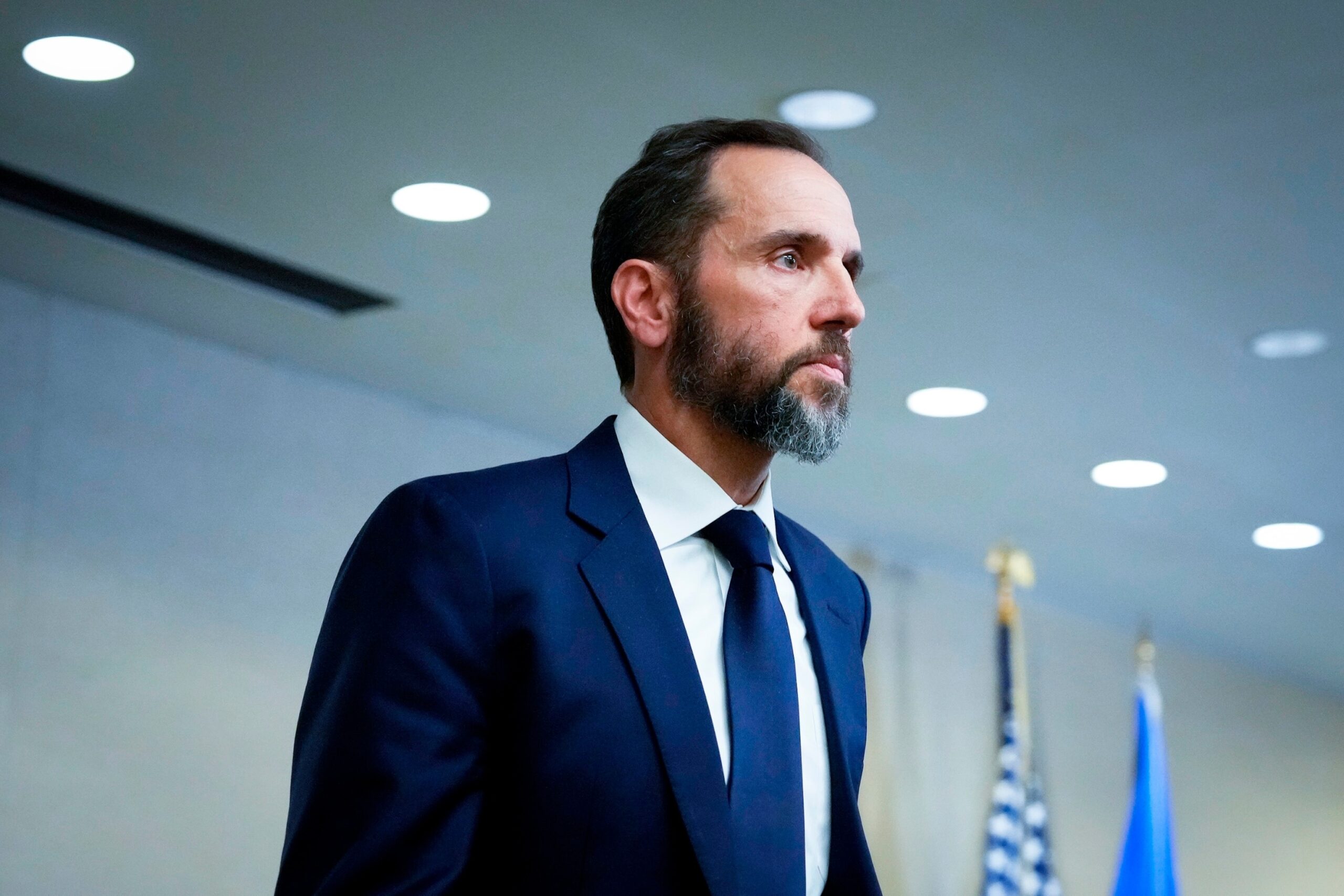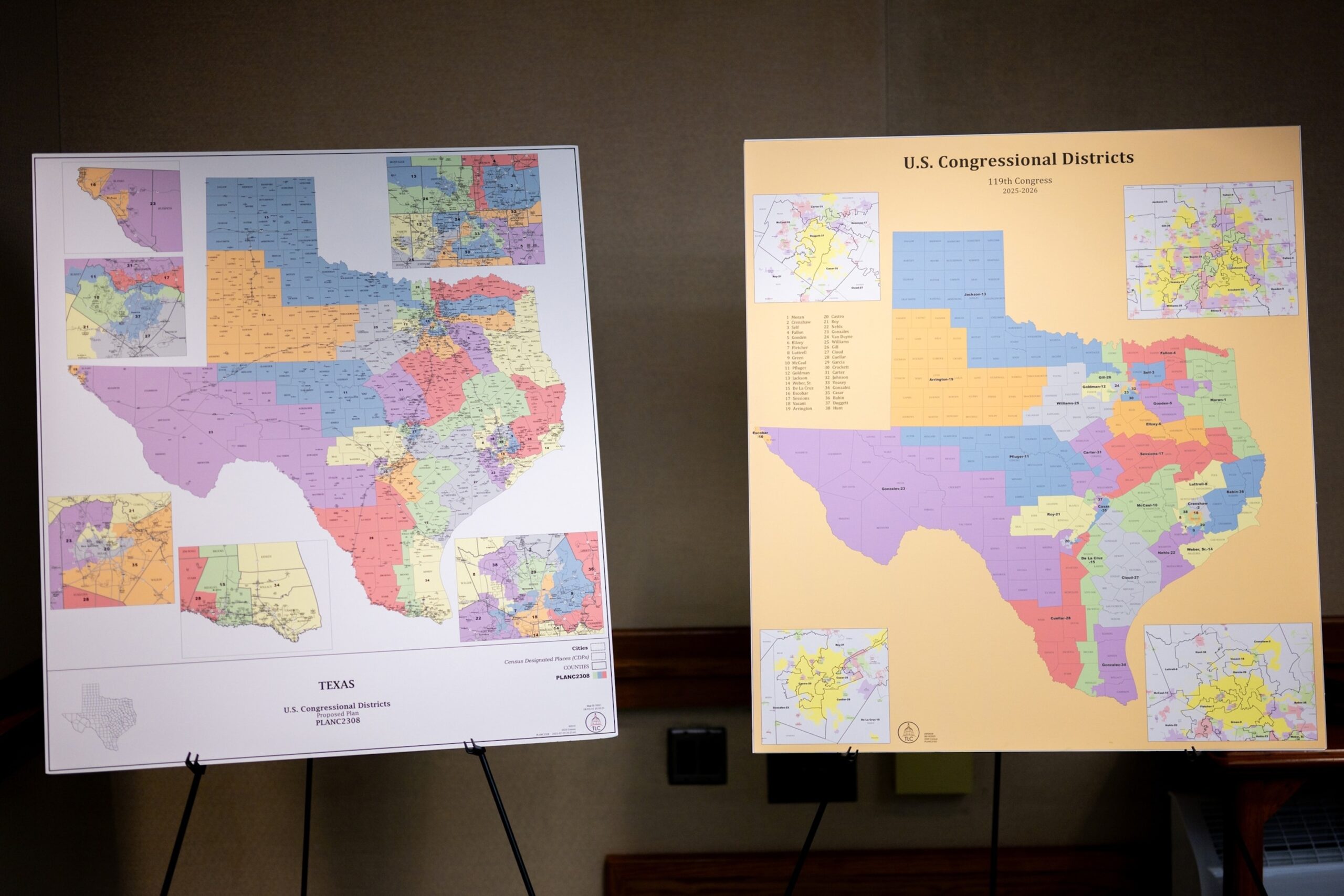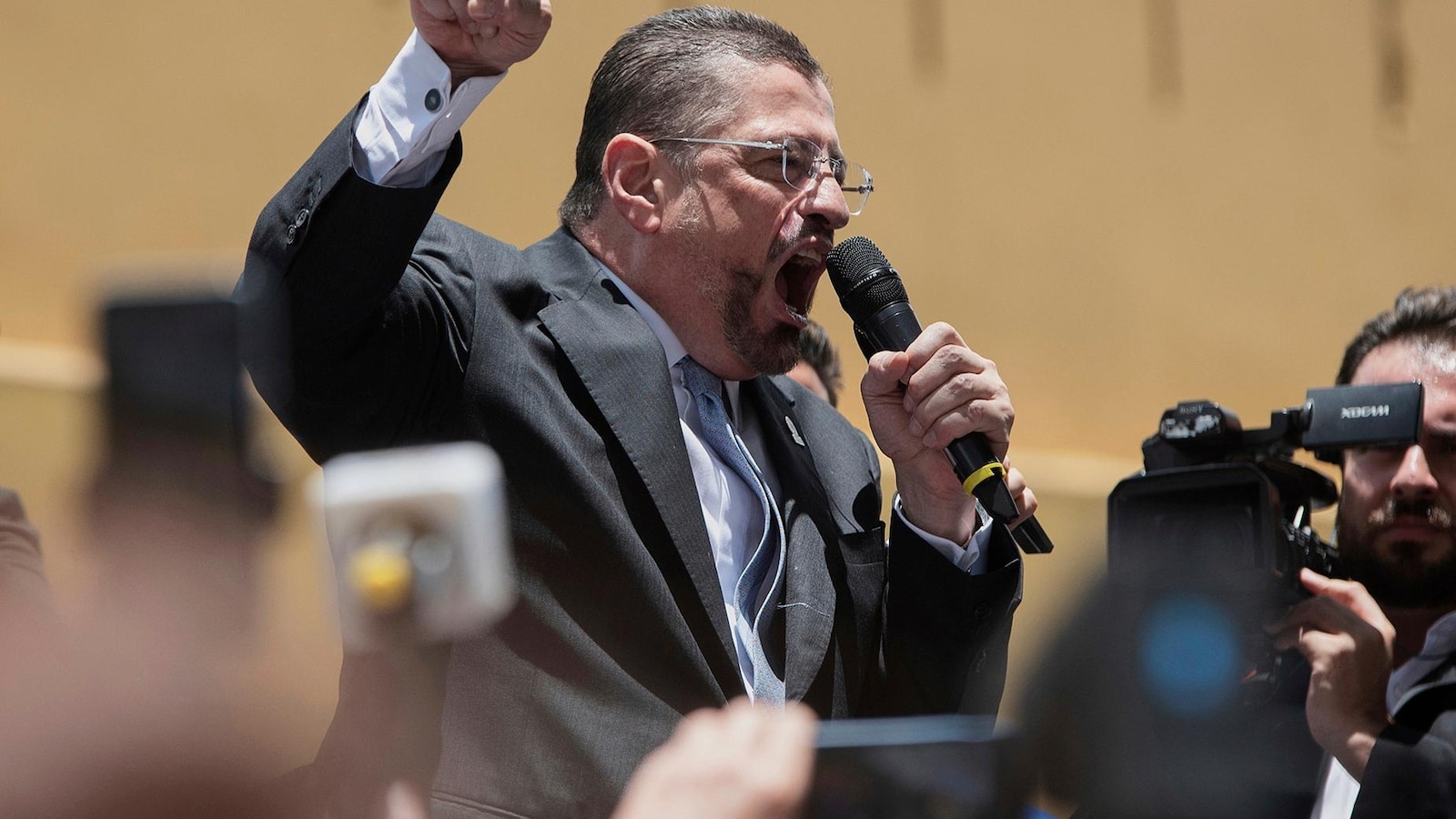Lawyers for former special counsel Jack Smith dispute ‘inaccurate’ claims he tapped senators’ phones

Lawyers representing former special counsel Jack Smith sent a letter to Senate Judiciary Chairman Chuck Grassley on Tuesday seeking to correct what they call “inaccurate” claims that Smith wiretapped or spied on Republican lawmakers as part of his investigation into President Trump’s efforts to overturn his 2020 election loss.
“Although you have not contacted us to discuss this matter, we are compelled to correct inaccurate statements made by you and others regarding the issuance of a grand jury subpoena for the toll records of eight senators and one member of the House of Representatives,” attorneys Lanny Breuer and Peter Koski wrote. “Mr. Smith’s actions as Special Counsel were consistent with the decisions of a prosecutor who has dedicated his career to following the facts and the law, without fear or favor and without regard for political consequences.”
The communication from Smith’s team is the latest in a series of efforts by the former special counsel to correct the record of his parallel investigations into Trump that resulted in two indictments over Trump’s alleged mishandling of classified records after leaving the White House in his first term and his attempt to subvert the result of the 2020 election.
Trump pleaded not guilty in both cases before both were dropped following his re-election, due to a long-standing Justice Department policy prohibiting the prosecution of a sitting president.
Both cases have since been presented by senior leaders in Trump’s Justice Department (many of whom previously served as Trump’s personal lawyers) as prime examples of politically weaponizing law enforcement.
In his lawyers’ letter, as well as in two public appearances on university panels, Smith has disputed that he or his team were ever motivated by politics in their prosecutions of the president.
In their letter Tuesday, Smith’s lawyers attempted to refute a narrative stemming from a document released by the FBI on the eve of Attorney General Pam Bondi’s appearance before the Senate Judiciary Committee earlier this month.

In this Aug. 1, 2023 file photo, Special Counsel Jack Smith delivers remarks on an unsealed indictment, including four felony counts against former President Donald Trump, in Washington, DC.
Drew Angerer/Getty Images, FILE
The filing showed that during Smith’s investigation, his office sought limited data on the phone numbers of eight senators and one House member. in the days surrounding the assault on the Capitol on January 6.
While such records would not involve the contents of any phone calls or messages, several Republicans on the committee incorrectly claimed at the next day’s hearing that Smith had “tapped” their phones or “spied on them.”
“What was going on here? Who ordered this? Who ordered the wiretapping of United States senators?” Republican Sen. Josh Hawley asked Bondi during the hearing.
“We will look at all aspects of this and I have spoken at length with Director Patel about this,” Bondi responded, referring to FBI Director Kash Patel.
Smith’s attorneys, in their letter, strongly supported the move to request the toll records as “entirely appropriate, legal, and consistent with established Department of Justice policy,” and further confirmed that Smith received approval to do so from career officials in the Department’s Public Integrity Section.
“The limited temporal range of the subpoena is consistent with a concentrated effort to confirm or refute reports from multiple media outlets that during and after the January 6 riot at the Capitol, President Trump and his surrogates attempted to call senators to urge them to delay certifying the 2020 election results,” Breuer and Koski wrote. “In fact, when Mr. Smith’s team conducted the analysis of toll records, it was reported that President Trump and Rudy Giuliani attempted to call senators for this purpose, and one senator posted a voicemail from Mr. Giuliani.”
Smith’s lawyers also noted that during Trump’s first term, the Justice Department “allegedly obtained communications records of two Democratic members of Congress” as part of an investigation into leaks to the media.
The letter also criticizes Patel for suggesting in a statement that Smith attempted to cover up his office’s use of the toll records, alleging that he put them “in a” safe deposit box in a vault, and then put that vault in a cyber location where no one can view or search these files.
“It is unclear what cyber location in a vault in a safe deposit box Director Patel is describing, but Mr. Smith’s use of these records is inconsistent with someone trying to hide them,” the letter said.
Smith’s lawyers point to Smith’s final report on his investigation, released in January of this year, which specifically describes some of the calls made to Republican senators during the January 6 attack on the Capitol, and contains a footnote referring to the use of toll records in Smith’s investigation.
“In addition, the precise records in question were presented to President Trump’s personal attorneys, some of whom now hold senior positions within the Department of Justice,” Smith’s attorneys added in their letter.







